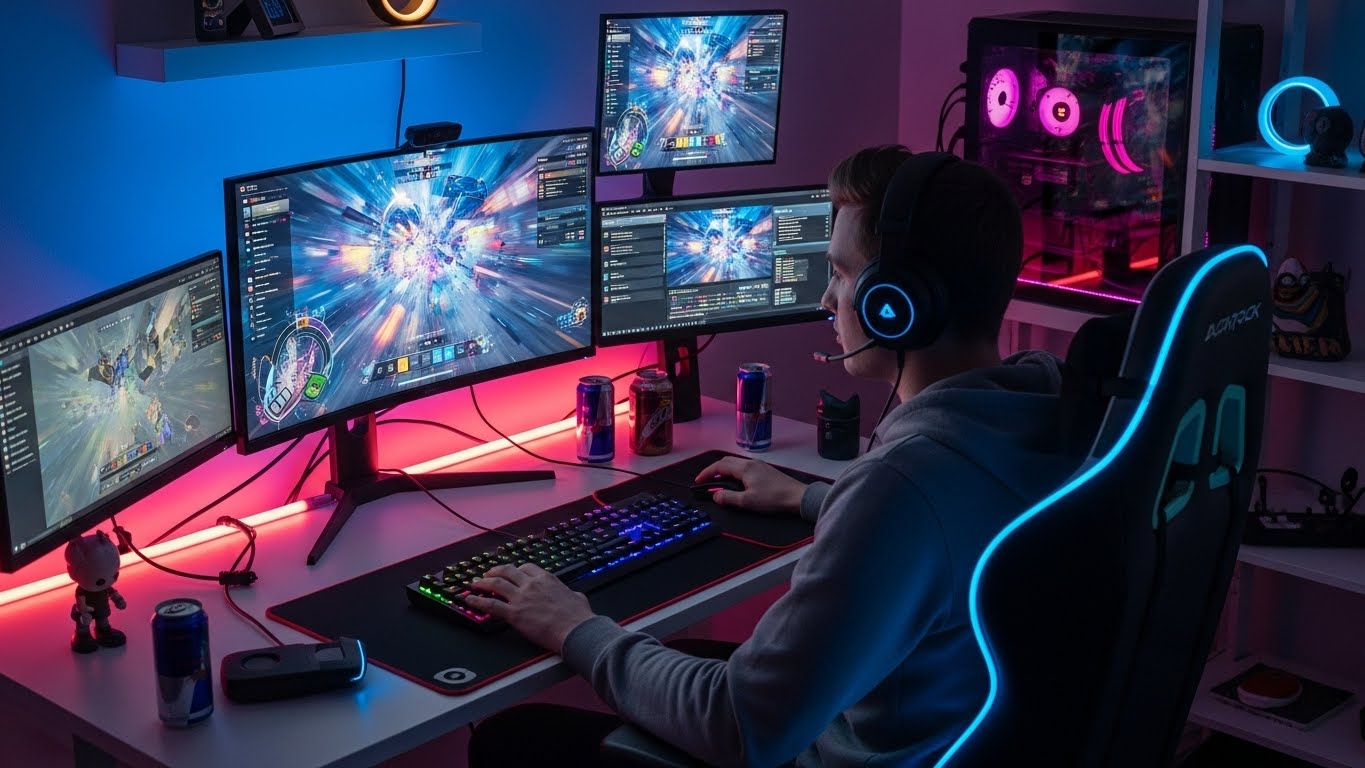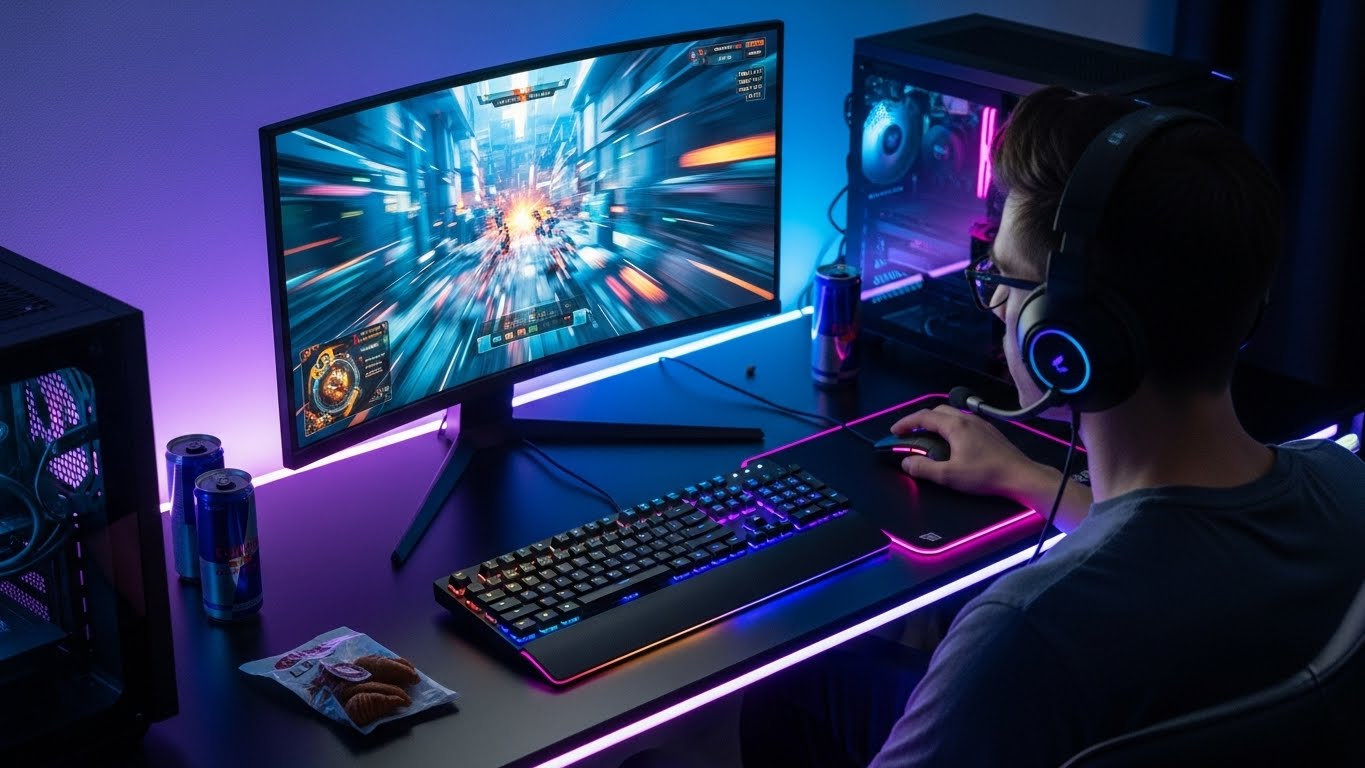The Evolution of Gaming
Gaming has come a long way from its humble beginnings with simple consoles and arcade machines. Today, it is a global phenomenon that spans consoles, PCs, and mobile devices. Games have evolved into immersive experiences with stunning graphics, complex storylines, and interactive worlds. Gaming is no longer just a hobby; it has become a major form of entertainment and cultural influence.
Interactive Storytelling
Modern games are powerful storytelling tools. Players are not just spectators—they are active participants who shape the narrative. Adventure games, role-playing games, and open-world experiences allow players to make choices, solve problems, and explore rich virtual worlds. This interactive storytelling creates a deeper emotional connection than traditional forms of entertainment.
Social Connections Through Gaming
Gaming has become a hub for social interaction. Online multiplayer games, guilds, and esports competitions connect people from all corners of the world. Players collaborate, compete, and communicate in ways that foster teamwork and friendship. Gaming communities have grown into spaces where people share experiences, support each other, and build lasting bonds.
Cognitive and Skill Benefits
Beyond fun, gaming offers significant mental benefits. Strategy games, puzzles, and fast-paced action titles improve problem-solving skills, hand-eye coordination, and multitasking abilities. Many games challenge creativity and strategic thinking, helping players develop mental agility and decision-making skills that translate into real-world benefits.
Gaming as a Career
The rise of esports, live streaming, and game development has transformed gaming into a viable career path. Professional gamers, streamers, and content creators have global followings and earn substantial incomes. Additionally, the gaming industry offers numerous roles in design, programming, animation, marketing, and more, making it a thriving sector for innovation and employment.
Technology Driving Immersion
Technological advancements have revolutionized the gaming experience. Virtual reality (VR), augmented reality (AR), and realistic graphics immerse players in lifelike environments. Cloud gaming and AI-driven mechanics provide dynamic, adaptable gameplay. Technology ensures that gaming continues to evolve, offering richer, more interactive experiences with every innovation.
Gaming as a Cultural Phenomenon
Gaming influences more than entertainment—it shapes culture. From fan art and conventions to cosplay and online communities, gaming inspires creativity and connects people worldwide. It has become a cultural movement, influencing music, fashion, and storytelling, and bridging generational and geographical gaps.
Conclusion: The Future of Play
Gaming is no longer just play—it is an art form, a career path, a social platform, and a cultural force. It challenges the mind, connects people, and pushes the boundaries of creativity and technology. As games continue to evolve, they will remain a central part of entertainment, culture, and human interaction for generations to come.

